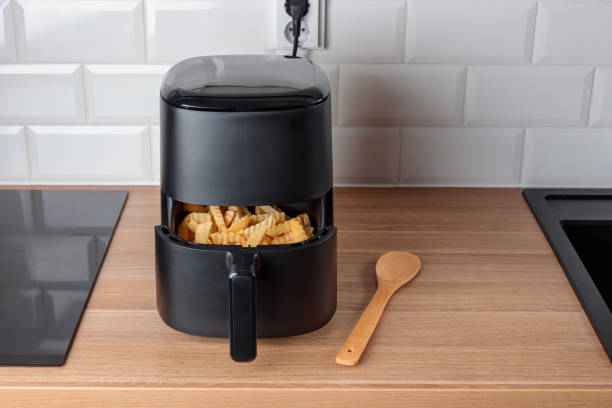The modern home is increasingly becoming a hub of interconnected technology, with smart appliances offering convenience, efficiency, and enhanced control over daily tasks. From refrigerators that notify you when groceries run low to thermostats that learn your schedule, these devices promise to simplify life while reducing energy consumption. However, selecting the right smart appliances requires careful consideration of compatibility, functionality, and long-term value to ensure they truly enhance your lifestyle rather than complicate it.
The first step in choosing smart appliances is assessing your household’s specific needs. A smart refrigerator with internal cameras and inventory tracking might appeal to busy families seeking to streamline meal planning, while a single professional might prioritize a smart coffee maker that brews automatically at sunrise. For energy-conscious homeowners, smart thermostats like the Nest or Ecobee adapt to routines and adjust temperatures for optimal efficiency, potentially lowering utility bills. Similarly, smart washers and dryers with load-sensing technology conserve water and energy while providing remote cycle monitoring—ideal for multitasking households. Compatibility with existing smart home ecosystems is crucial. Appliances that integrate with platforms like Amazon Alexa, Google Assistant, or Apple HomeKit allow for centralized control through voice commands or a single app. For example, a smart oven that syncs with a voice assistant can preheat hands-free while you chop vegetables. However, investing in appliances from diverse brands may lead to app overload if they don’t communicate seamlessly. Prioritizing devices that support universal standards like Matter ensures future-proof connectivity across brands. Energy efficiency and sustainability are key factors in smart appliance selection. Many models carry ENERGY STAR certifications, indicating superior energy performance. Smart dishwashers with soil sensors optimize water usage, while induction cooktops heat faster and more efficiently than traditional stoves. Solar-compatible appliances, such as smart water heaters, further reduce environmental impact by aligning operation with renewable energy availability. Security and data privacy should not be overlooked. Smart appliances collect usage data to personalize functions, but this raises concerns about data breaches. Choosing reputable brands with robust encryption and regular firmware updates minimizes risks. Features like local control options (without cloud dependence) and physical disable switches for microphones or cameras add layers of privacy protection. Budget and long-term value also play pivotal roles. While smart appliances often carry higher upfront costs, their energy savings and preventative features—like leak detection in washing machines—can justify the investment over time. Start with high-impact devices like thermostats or lighting before expanding to niche gadgets. Ultimately, the right smart appliances strike a balance between innovation and practicality. By aligning choices with your daily habits, home infrastructure, and sustainability goals, you can build a connected home that’s intuitive, efficient, and tailored to your life. Thoughtful selection transforms these devices from novelties into indispensable tools that elevate everyday living.



